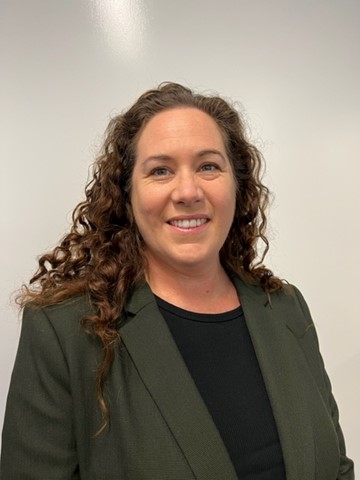Services
About our information for families
If you are visiting our website because you, or someone close to you, has suffered the loss of a baby – we offer our sincere condolences.
Deciding to proceed with a perinatal postmortem provides an opportunity to understand the reasons for your loss. We understand this is a very painful time and a very personal decision.
It’s our priority to ensure all families are treated with respect and dignity. We will work with you to understand your needs and clearly answer any questions you might have.
We provide families with:
- respectful, family-focused care and consultation
- expert examination of the highest standard to ensure you get timely, reliable results, and
- strict ethical standards of care to meet your cultural and religious needs.
Our Perinatal Postmortem Service Care Coordinator helps support families and referrers to better understand our service.
We’re available to you from Monday to Friday during business hours via email or 0436 698 366.
If you need us outside this time please email our Perinatal Postmortem Service Care Coordinator who will be in touch the next available working day.
Coronial and non-coronial postmortems
There are two types of postmortem examinations performed in NSW: coronial and non-coronial.
- Coronial postmortems are performed by forensic pathologists in the event of an unexpected or unexplained reportable death and at the request and direction of the NSW Coroner. For example, car accident fatalities, homicides, and suspicious or unexplained deaths.
- Non-coronial postmortems are typically carried out in hospital mortuaries by anatomical pathologists. These are usually performed at the request of the family.
The NSW Perinatal Postmortem Service offers non-coronial postmortem examinations carried out by highly specialised paediatric anatomical pathologists.
Would you like to know more about our service?
You can read the NSW Perinatal Postmortem Service brochure here.
We have also developed an explanation sheet for families translated into the following languages:
You might want to watch our video to meet our care coordinator and hear from some of our families. Trigger warning: this video discusses child loss which may be distressing for some.
Other support services
There are many helpful support services available to guide you during this difficult time.
Please reach out to the following services that understand what you are going through and can help:
- Sands provides support, information and education to anyone affected by the death of a baby before, during or shortly after birth
- Red Nose Grief and Loss supports grieving individuals and families with a range of support options, useful resources and information
- Bears Of Hope Pregnancy & Infant Loss Support provides leading support and exceptional care for families who experience the loss of their baby
- The NSW Registry of Births, Death and Marriages provides advice on registering births, how to apply for birth certificates and recognition of early pregnancy loss.
Further resources for families and clinicians
The Australian Commission on Safety and Quality in Health Care (ACSQHC) has developed a Stillbirth Clinical Care Standard and resources for families including:
- Reducing risk of stillbirth - Preparing for a healthy pregnancy and birth
- Tests and investigations after stillbirth - Trying to find answers when your baby has died
- Bereavement care and support after perinatal loss - information for parents
A stillbirth video series is also available to help raise awareness of stillbirth. They have been developed to provide insight and advice for expectant and bereaved parents from the perspective of a mother with lived experience of stillbirth.
Trigger warning: Please be aware that these videos may be distressing for some.
- Understanding stillbirth – a mother’s story
- A message to expectant parents from a mother who experienced stillbirth
- A message to bereaved parents from a mother who experienced stillbirth
The Perinatal Society of Australia and New Zealand (PSANZ) provides a resource called Guiding Conversations with your health care team when your baby dies.
We understand the intense grief that parents and families experience when their baby dies and hope these guides may provide gentle information to support you in hospital and at home.
Media Contact

